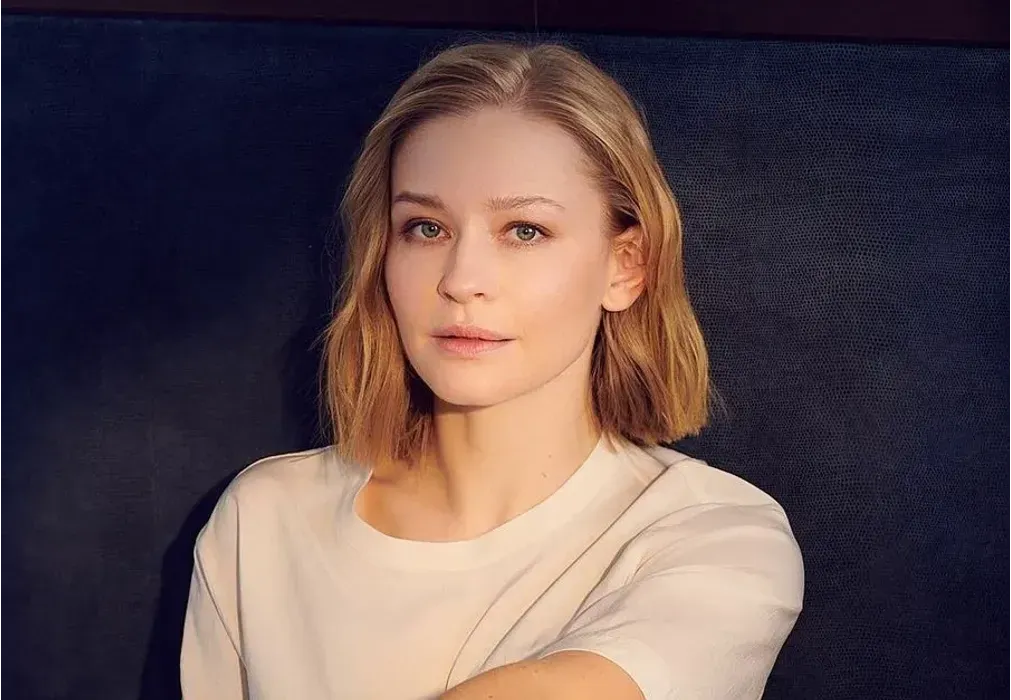Cars 2 (2011)
The surprisingly darker and more mature sequel to Cars.
The surprisingly darker and more mature sequel to Cars.
- No, it won’t be a spy movie, at least not in the mold of the OTL.
- It’s more of a racing corruption story ala the 2008 Speed Racer.
- Allinol is still part of the plot, but instead the Lemons use it to help fix the outcome of the races in their favor so they can make a profit.
- Finn McMissile and Holley Shiftwell aren’t spies, but racing investigators.
- Lightning McQueen and Mater are co-opted into helping the investigation after Lightning suffers a bad crash in the Tokyo race thanks to the bad Allinol. Mater saves Lightning and got into contact with Finn and Holley.
- The twist of Sir Axelrod being the mastermind is retained.
- ITTL, the movie will still make a profit but intial criticism will point out that the plot is probably too complex and dark by Pixar’s standards. However, later reappraisals will say that the darker plot and mature themes were actually a good call.
Last edited:

